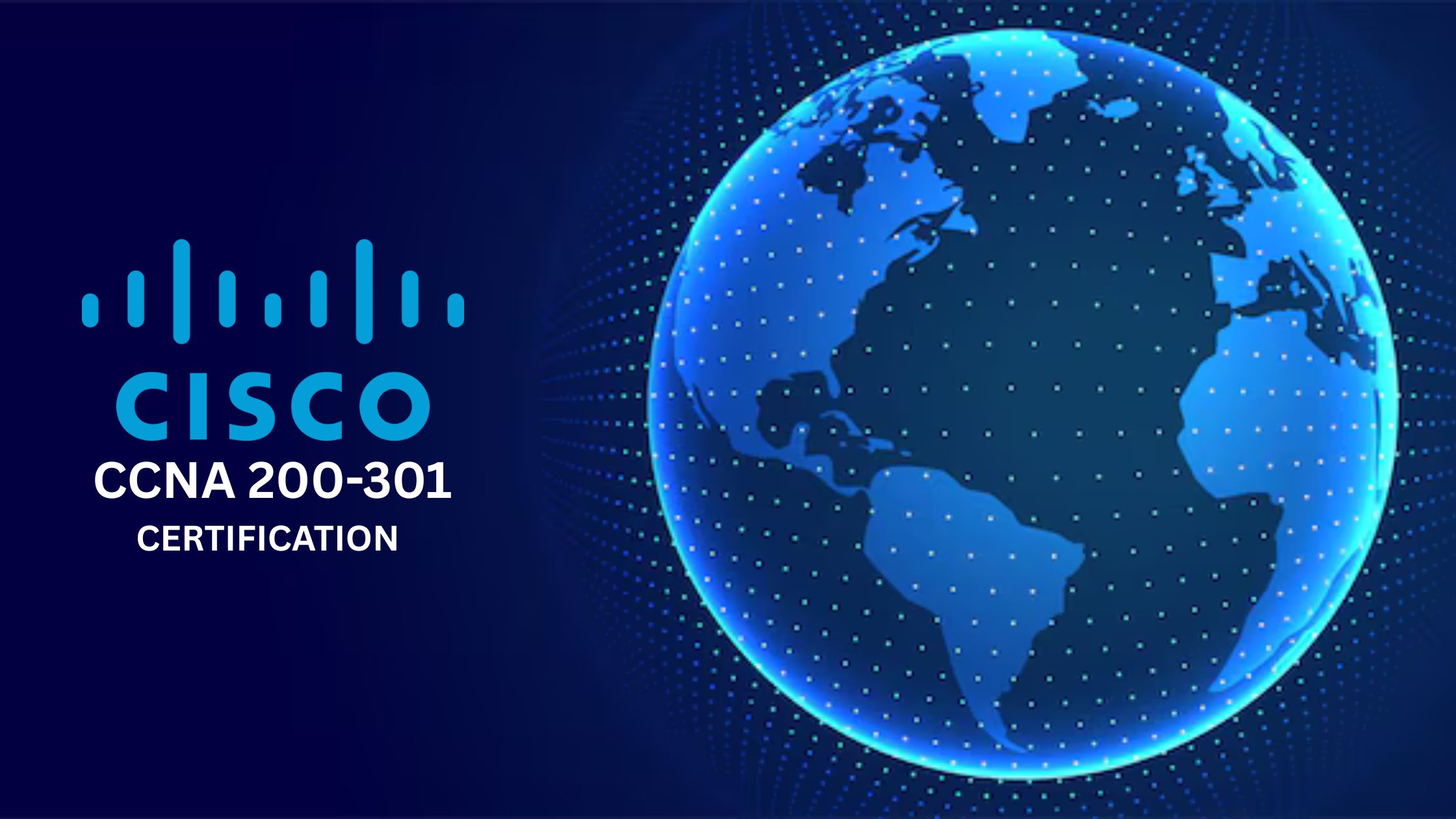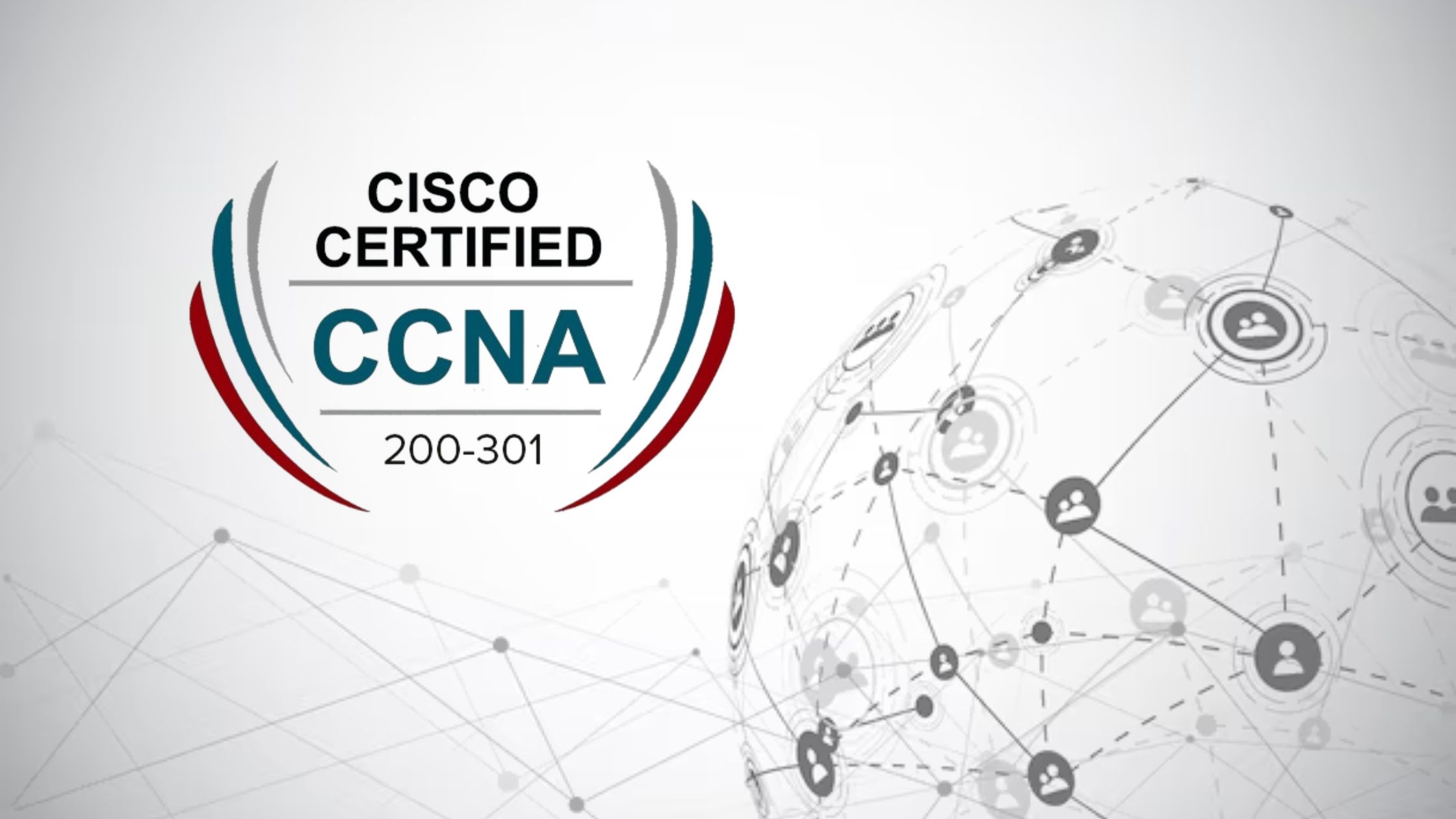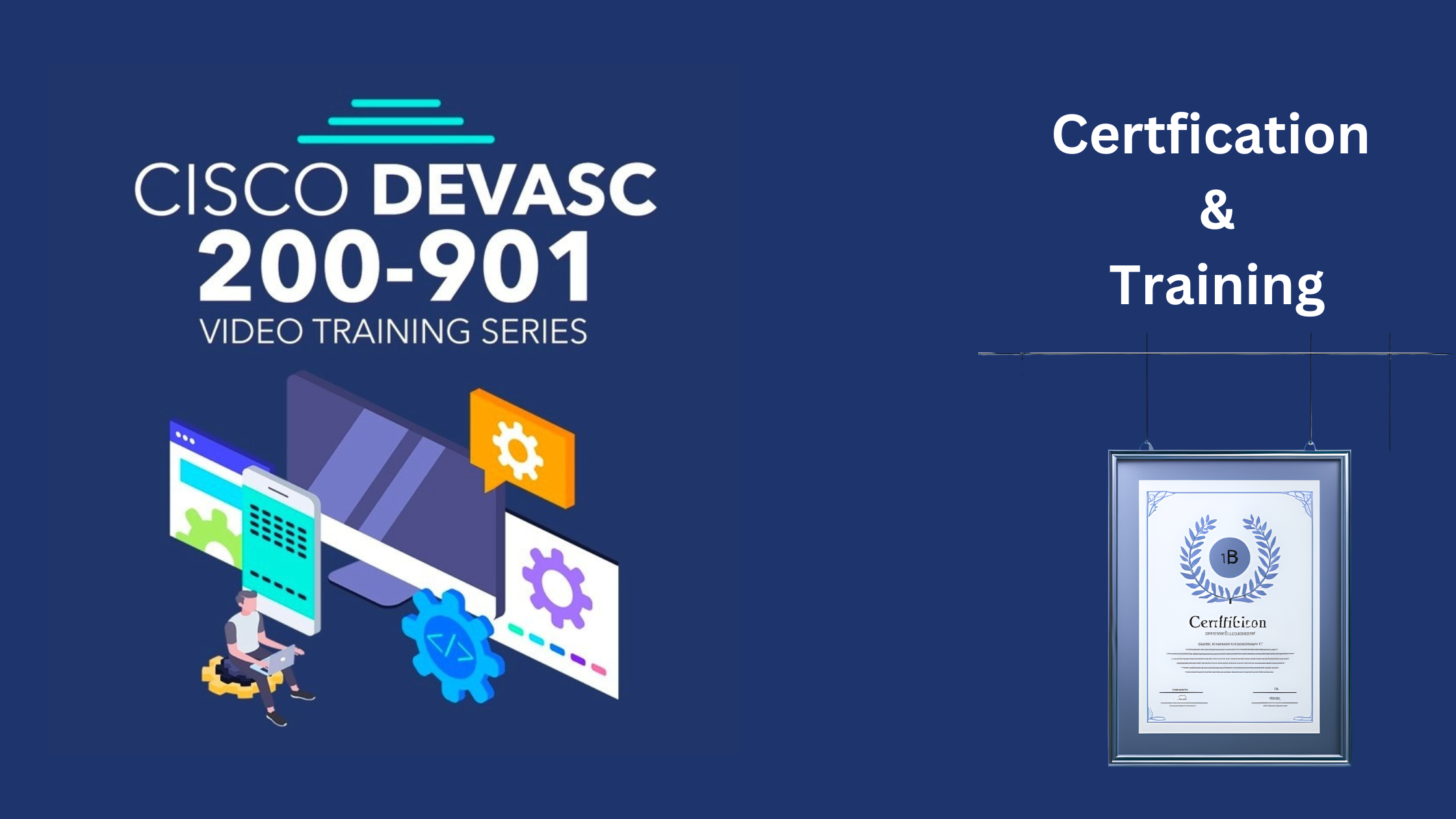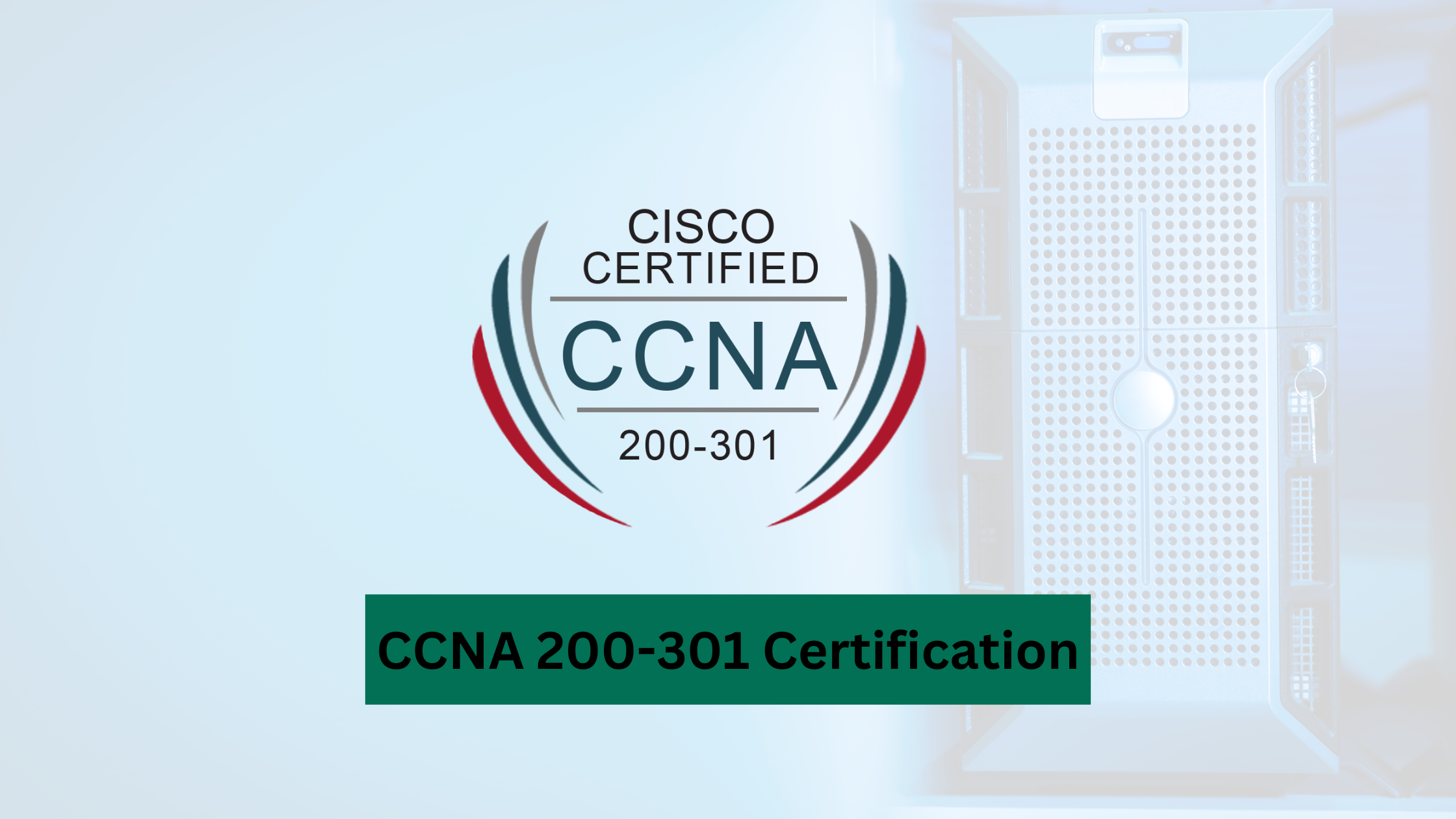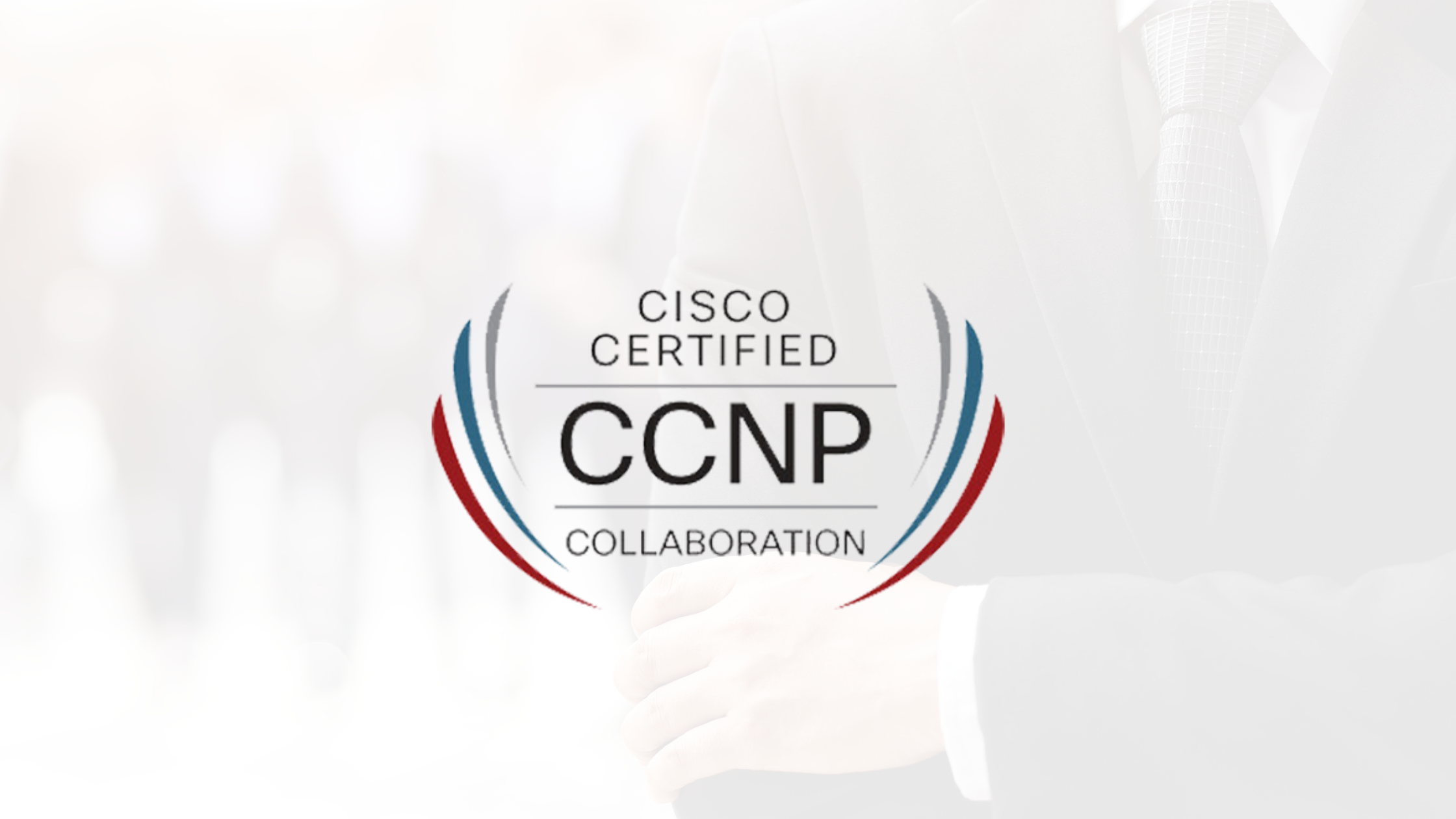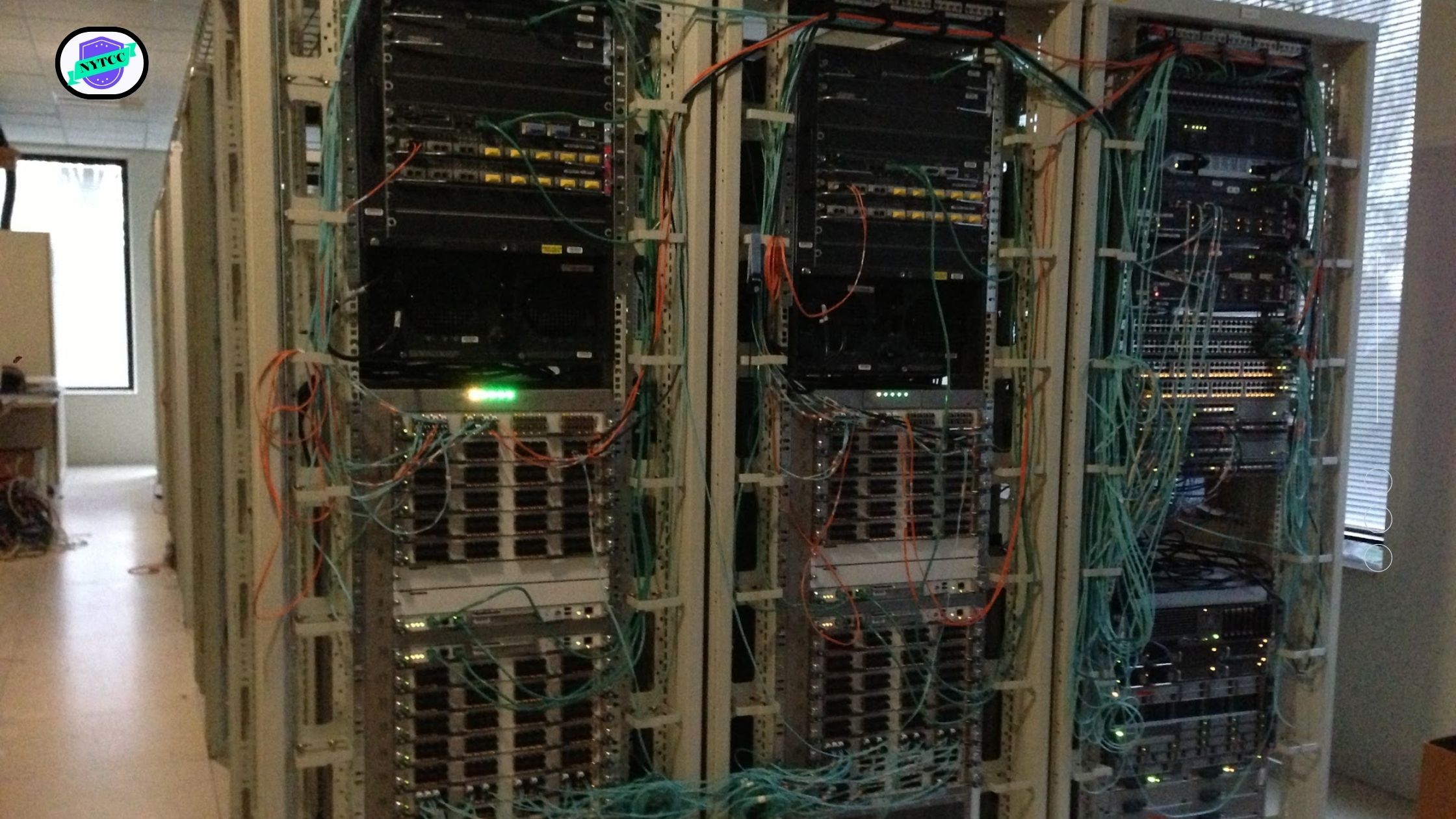Master network architecture with CCDE v3.0 certification at NYTCC. Get expert-led online training, scenario-based labs, and 100% placement support in New York.
In the rapidly evolving landscape of information technology, the demand for high-level network architects has never been greater. As businesses migrate to hybrid clouds, integrate AI-driven automation, and face increasingly sophisticated security threats, the need for visionary design has surpassed the need for simple configuration. The Cisco Certified Design Expert (CCDE) certification stands as the industry’s premier credential for those who wish to bridge the gap between complex business requirements and robust technological solutions.For professionals in the tri-state area, obtaining the CCDE v3.0 Written Exam Certification in New York through NYTCC is the definitive step toward reaching the pinnacle of the networking profession.
What is the CCDE Certification?
The CCDE (Cisco Certified Design Expert) is an expert-level certification that identifies individuals with the knowledge and fundamental skills required to design complex network solutions. Unlike the CCIE, which focuses heavily on command-line mastery and troubleshooting, the CCDE focuses on the "why" and "how" of network architecture.The v3.0 update of the CCDE program has been meticulously crafted to address modern networking challenges, including software-defined networking (SDN), cloud integration, and advanced security frameworks. It is designed to transform senior engineers into strategic architects capable of leading digital transformation projects.
Why Pursue CCDE Certification in New York?
New York City remains a global hub for finance, healthcare, and media—industries that rely on zero-downtime, high-performance network infrastructures. Achieving your CCDE in New York offers unique advantages:
- Proximity to Tech Giants: Many Fortune 500 companies headquartered in NYC look specifically for CCDE-certified architects to lead their global infrastructure teams.
- Networking Opportunities: Being part of the New York tech community allows you to connect with other elite architects and industry leaders.
- Localized Expert Training: With institutions like NYTCC (New York Technology Center & Clinic), local candidates have access to CCDE-certified instructors and hands-on workshops tailored to the local market.
Breaking Down the CCDE v3.0 Exam Structure
The journey to becoming a CCDE involves two major hurdles: the Written Exam and the Practical Exam.
1. The CCDE Written Exam (400-007)
The written exam is a two-hour, qualifying test that covers high-level design principles. It serves as a prerequisite for the Practical Exam. At NYTCC, our curriculum is specifically aligned with the 400-007 exam objectives to ensure students pass on their first attempt.
- Duration: 120 Minutes
- Question Count: 90–110 questions
- Key Focus: Validating the candidate's ability to identify, collect, and satisfy business requirements while designing a functional network.
2. The CCDE Practical Exam
Once the written exam is cleared, candidates face an intensive 8-hour scenario-based assessment. This exam simulates real-world design scenarios where you must analyze business constraints and technical requirements to develop a cohesive architectural solution.
Core Domains of the CCDE v3.0 Curriculum
The CCDE v3.0 is divided into four primary domains, each critical for modern enterprise design:
Business Strategy Design
This domain is the cornerstone of the CCDE. It tests your ability to translate high-level business goals—such as cost reduction, scalability, or regulatory compliance—into technical specifications.
Control, Data, and Management Plane Design
Architecture is about more than just connectivity; it’s about flow and control. Candidates must demonstrate proficiency in designing how traffic moves (Data Plane), how the network learns (Control Plane), and how the system is monitored and configured (Management Plane).
Network Design (Core Architecture)
This covers the technical "meat" of the certification, including advanced routing (OSPF, BGP, EIGRP), switching, WAN technologies, and the integration of on-premise data centers with multi-cloud environments.
Security and Services Design
In a "security-first" world, the CCDE ensures that security isn't an afterthought. This domain focuses on integrating firewalls, IDS/IPS, and encryption into the fabric of the network design rather than just layering them on top.
The Benefits of Training with NYTCC
Choosing the right training partner is essential for a certification as rigorous as the CCDE. NYTCC provides a holistic learning environment that goes beyond just passing the exam.
- Expert Instructors: Learn from CCDE-certified professionals who bring decades of real-world architectural experience.
- 100% Placement Programs: We don't just train you; we help you find the roles that match your new expertise.
- Flexible Learning: With lifetime access to files and specialized New York-based workshops, we cater to the schedules of busy working professionals.
- Scenario-Based Learning: We utilize practical scenarios that mirror the actual CCDE Practical Exam, giving you the confidence to tackle complex design challenges.
Career Prospects and Salary Outlook
The CCDE is often referred to as the "PhD of Networking." Because of its difficulty and the high level of strategic thinking required, the rewards are substantial.
- Elite Roles: Certified professionals move into roles such as Principal Architect, CTO, Senior Infrastructure Consultant, and Lead Solutions Architect.
- Salary Potential: In the United States, CCDE-certified professionals typically earn between $120,000 and $180,000 per year, with top-tier consultants in the New York area often exceeding this range.
Frequently Asked Questions (FAQs)
What are the prerequisites for the CCDE exam?
While there are no formal mandatory prerequisites for the written exam, Cisco and NYTCC recommend that candidates have 5 to 7 years of experience in network design and implementation.
How much does the CCDE exam cost?
The CCDE Written Exam (400-007) typically costs around $400, while the 8-hour Practical Exam costs approximately $1,600.
How long is the CCDE certification valid?
The certification is valid for three years. To recertify, you must pass a qualifying expert-level exam or earn a specific number of Continuing Education (CE) credits.
Is CCDE better than CCIE?
Neither is "better"—they focus on different skills. CCIE is for technical experts who implement and troubleshoot (the "engineers"), while CCDE is for those who design and strategize (the "architects").
Conclusion
The Cisco Certified Design Expert (CCDE) v3.0 is more than just a certificate; it is a validation of your ability to lead at the highest levels of IT architecture. For New York professionals, the path to this elite status is made clearer through the comprehensive training and support offered by NYTCC.Whether you are looking to command a higher salary, lead massive digital transformations, or simply master the art of network design, the CCDE is your gateway to the future. Enroll today at NYTCC and take the first step toward becoming a world-class network architect.
